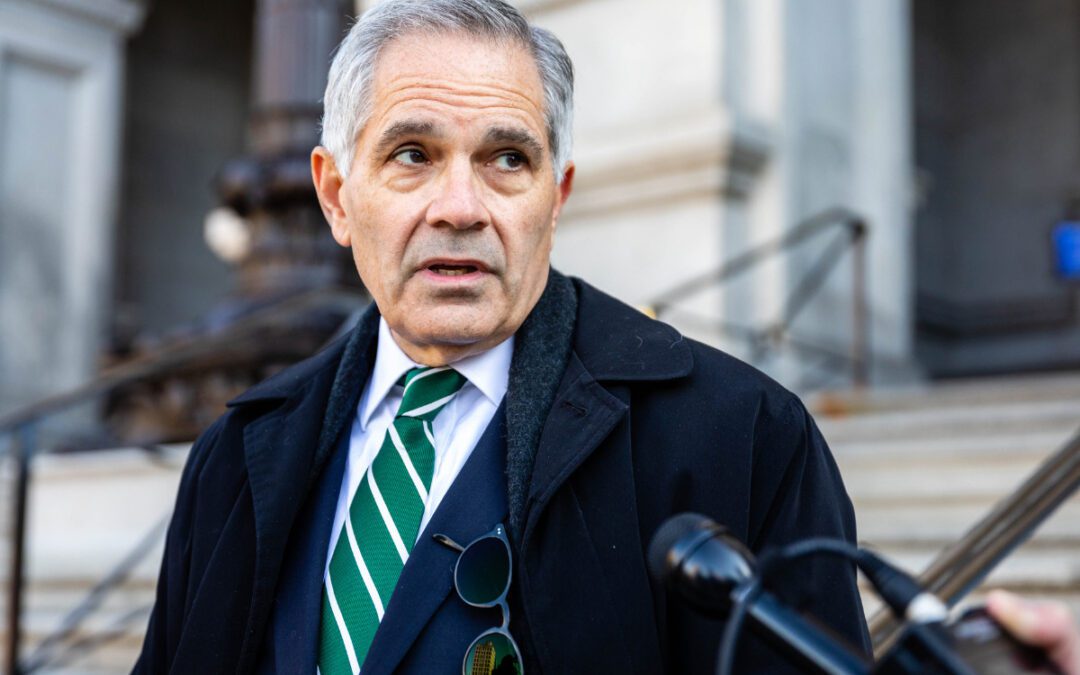
While the pay bump will affect the 2,172 active duty service members in Pennsylvania, this year’s National Defense Authorization Act is just the latest example of the increasingly partisan landscape of modern American politics. (Photo via Shutterstock)
President Joe Biden is expected to sign the latest annual defense bill before the end of the year, and this time, it includes a 5.2% pay raise for service members—the largest bump in pay in two decades.
The National Defense Authorization Act (NDAA) was approved by the House on Thursday in a 310-118 vote, following Senate approval in a 87-13 vote. In total, the bill authorizes $886 billion for national defense programs for the current fiscal year that began Oct. 1.
“The NDAA provides the critical authorities we need to build the military required to deter future conflicts while supporting the service members and their spouses and families who carry out that mission every day,” the White House said in a statement issued earlier this week.
This pay raise will affect the roughly 1.1 million active duty service members in the United States and the 2,172 members in the state of Pennsylvania, according to the latest data from the Department of Defense.
Approval came after months of negotiations between parties; in July, each chamber passed extremely different versions of the bill.
The final bill dropped House Republicans’ proposed provisions that would have blocked the Pentagon’s existing policies of covering travel for service members seeking abortions, as well as gender-affirming care for transgender troops. These policies were instituted last year in a Biden administration effort to expand access to reproductive health care in the wake of the Supreme Court’s decision to overturn Roe v. Wade.
The final bill, however, did include some GOP-backed efforts to curb the Pentagon’s diversity programs, for example, by freezing hiring for Pentagon jobs focused on diversity initiatives. The legislation also bans promoting “critical race theory” (CRT). CRT is an academic-legal framework that explains how racism can be embedded in laws and policies that discriminate against people of color, but the bill defines it as the theory that people of certain races “bear collective guilt and are inherently responsible for actions committed in the past” by those of the same race.
The bill also includes a short-term extension of a surveillance program aimed at catching spies and preventing terrorism, continuing a program that permits the federal government to collect communications of non-Americans located outside of the country without a warrant. This extension had critics on both sides of the aisle who viewed it as a threat to privacy for American citizens.

Sen. McCormick talks immigration enforcement, shooting death, ICE funding during telephone town hall
The Republican says two investigations are underway into the death of Alex Pretti. Two separate investigations are underway into the Saturday...

FAFO: Krasner joins accountability fight against federal immigration agents
Fight Against Federal Outreach (FAFO) looks to bring local prosecutors together and charge federal agents with crimes following killings in...

All seven Pa. House Democrats now signed onto Noem impeachment articles
Sen. Fetterman joins chorus of Democrats calling for Noem’s removal. Rep. Chrissy Houlahan announced she’s supporting the effort to remove...

Billionaire Jeffrey Yass retains ownership stake in TikTok after cozying up to Trump
Jeffrey Yass made a series of donations to President Donald Trump over the past year and will now retain ownership following the new TikTok deal. ...

‘An embarrassment:’ Democrats criticize Fetterman’s silence following ICE killings
Pa. Democrats are wondering where US Sen. John Fetterman is after a federal agent killed Alex Pretti in Minneapolis. This story was updated with a...




